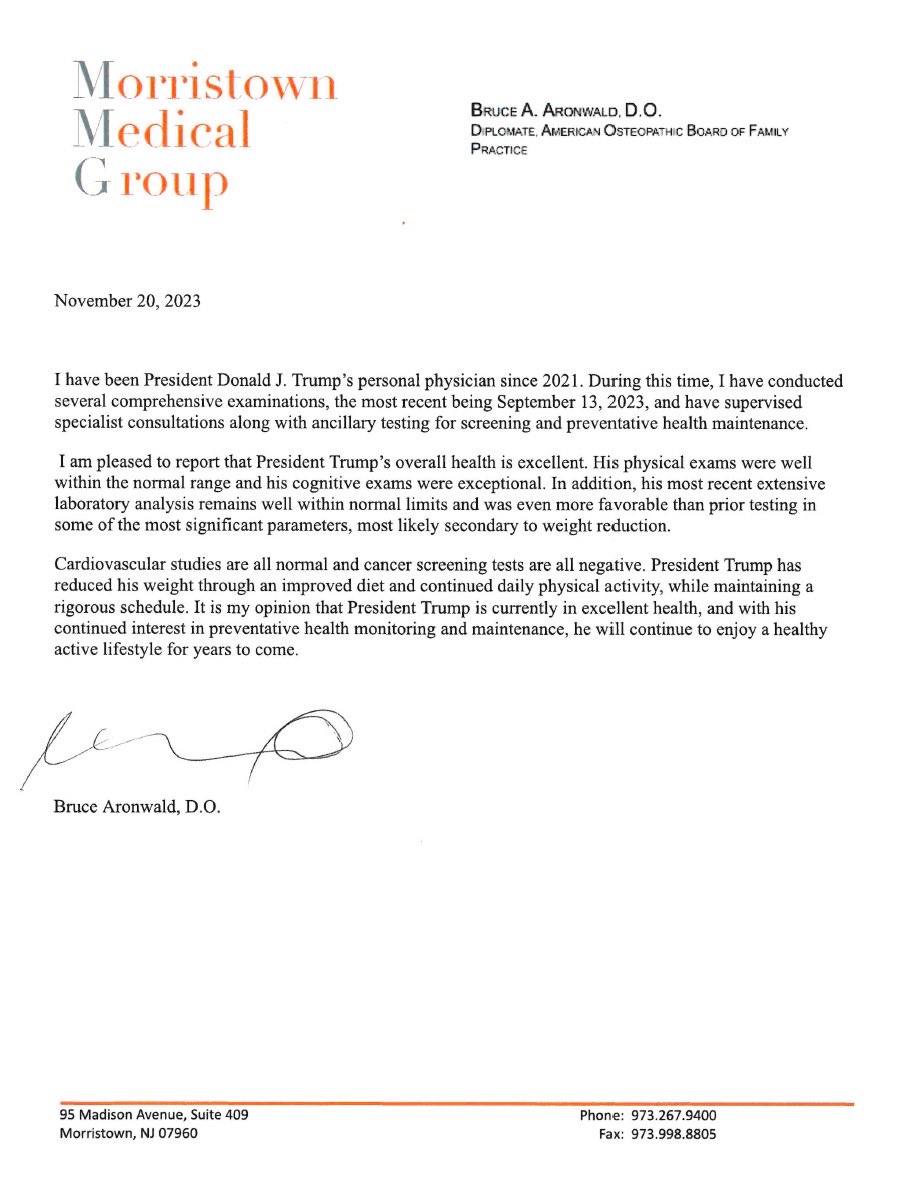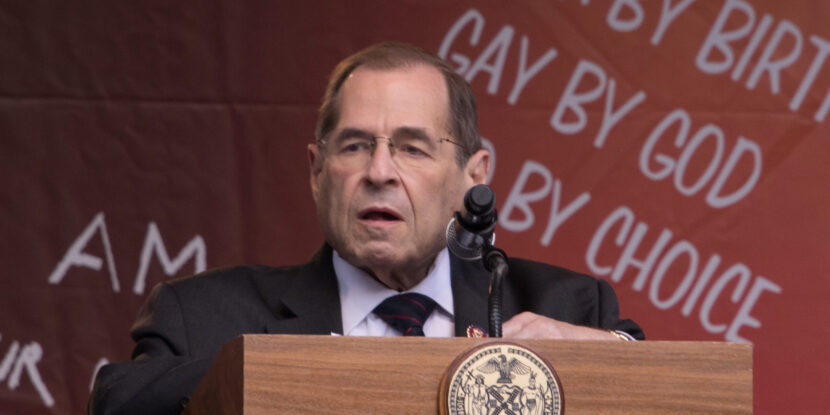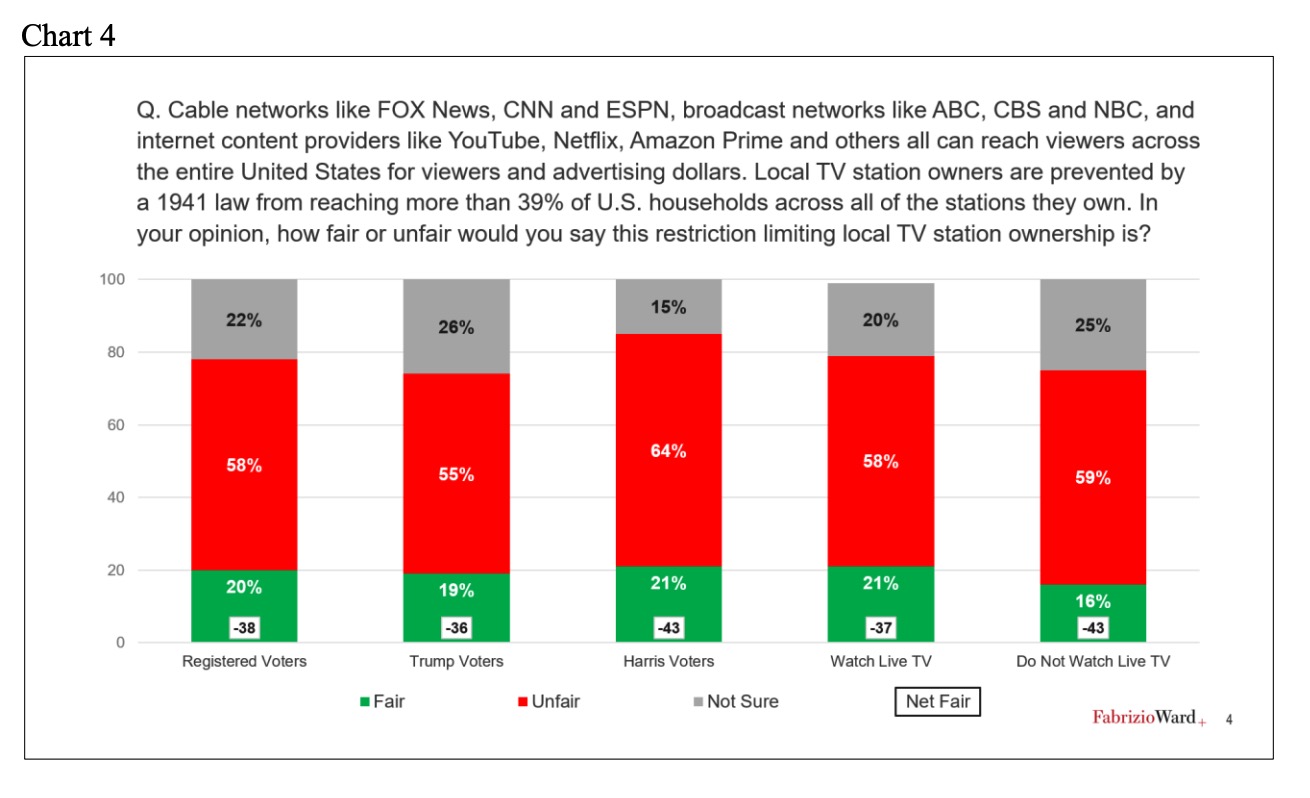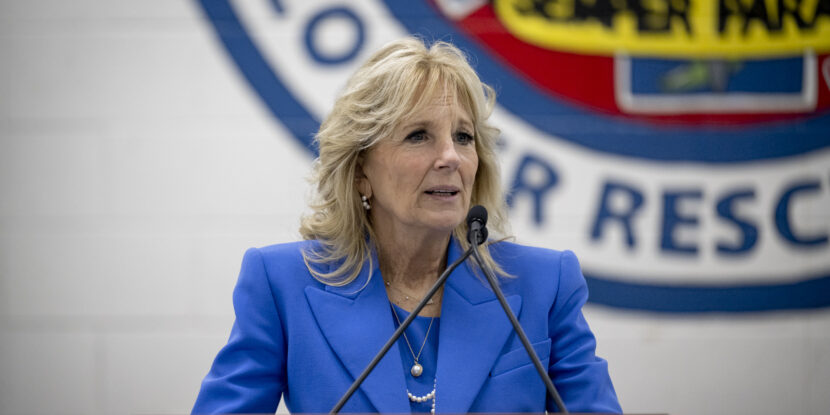President Donald J. Trump’s doctor has today released a statement on the health of the former Commander-in-Chief, declaring him “in excellent health”, having reduced his weight, and describing his cognitive exams as “exceptional”.
The news comes as Americans continue to state their concerns over his opponent Joe Biden’s health and cognitive well-being, and against the backdrop of Ron DeSantis continuing to lash out at Trump over his age.
Bruce Aronwald, D.O., of the Morristown Medical Group, said the following:
I have been President Donald J. Trump’s personal physician since 2021. During this time, I have conducted several comprehensive examinations, the most recent being September 13, 2023, and have supervised specialist consultations along with ancillary testing for screening and preventative health maintenance.
I am pleased to report that President Trump’s overall health is excellent. His physical exams were well within the normal range and his cognitive exams were exceptional. In addition, his most recent extensive laboratory analysis remains well within normal limits and was even more favorable than prior testing in some of the most significant parameters, most likely secondary to weight reduction.
Cardiovascular studies are all normal and cancer screening tests are all negative. President Trump has reduced his weight through an improved diet and continued daily physical activity, while maintaining a rigorous schedule. It is my opinion that President Trump is currently in excellent health, and with his continued interest in preventative health monitoring and maintenance, he will continue to enjoy a healthy active lifestyle for years to come.





















